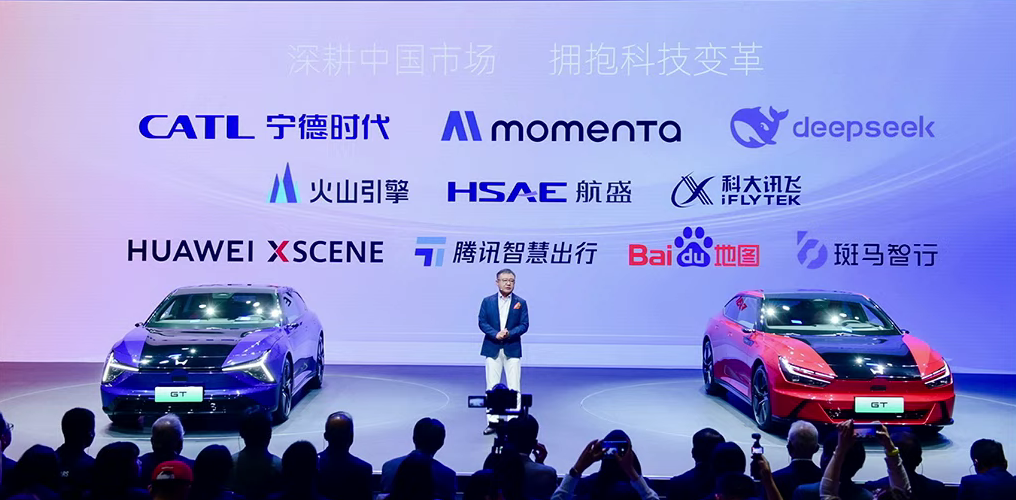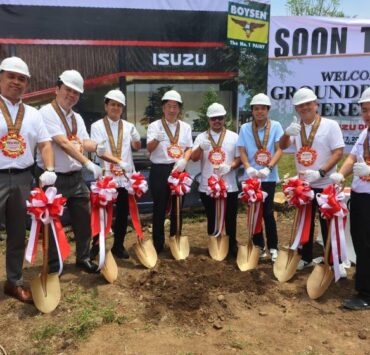Honda announces recalibration of EV business strategy

Honda Motor Co. announced on Tuesday that it is recalibrating its electrification strategy amid evolving market dynamics and geopolitical uncertainties. While reaffirming its long-term commitment to carbon neutrality by 2050, the company is adjusting its short-term plans in response to shifting consumer demand and economic pressures.
The business briefing was led by HMC President and CEO Toshihiro Mibe, whose familiarity with the new energy programs is deemed crucial in this redirection since he served leadership positions in Honda R&D Co., Ltd., where he led various initiatives in powertrain and drivetrain technologies. Under his leadership, Honda has embarked on an ambitious transformation toward electrification and sustainability. In line with this vision, Honda announced a ¥10 trillion (approx. $65 billion) investment through fiscal 2031 to enhance its EV lineup, focusing on key markets like the U.S. and China.
Honda, however, decided to reduce the investment amount by ¥3 trillion, to a total of ¥7 trillion, over the period through the FY2031 (fiscal year ending March 31, 2031), based on its decision to postpone the project to establish a comprehensive EV value chain in Canada and change the timing to construct dedicated EV production plants.
The company also plans to introduce its new “0 Series” EV models in North America by 2026, with seven models by 2030, and aims for 100% EV sales in China by 2035. It also announced recently that it will co-develop new ADAS (advanced driver assistance systems) under real world conditions in China.
But due to the revision of the product launch plan considering the recent market slowdown, the Honda global EV sales ratio in 2030 is now expected to fall below the previously announced target of 30%. On the other hand, current market demand for HEV models is high. Therefore, Honda will position its HEVs, mostly next-generation HEV models to be introduced to market in 2027 onward, as the powertrain that will play a key role during the transition period toward the popularization of EVs and further enhance its HEV lineup.
In its 2025 business briefing, Honda reiterated its goal for electric and fuel cell vehicles to achieve 100% of global auto sales by 2040. To achieve this, Honda plans to produce over 2 million EVs annually by 2030. The company is introducing the Honda 0 Series, a new line of EVs set to debut in North America in 2026, with seven models expected globally by 2030.
Honda is also scaling back certain initiatives, holding off its plan to build an EV supply chain in Ontario, Canada, by two years due to slowing EV demand and economic uncertainty. Additionally, Honda is doubling down on hybrid vehicles, aiming to double global hybrid sales to 1.3 million units annually by 2030 as a transitional strategy.
In the motorcycle segment, Honda is accelerating electrification efforts. The company aims to introduce 30 electric motorcycle models globally by 2030, targeting annual sales of 4 million units. To support this, Honda plans to invest approximately 500 billion yen over the next decade to enhance production capabilities and develop new technologies.
Despite these adjustments, Honda remains focused on its long-term electrification goals, adapting its strategies to navigate current challenges while laying the groundwork for a sustainable future.
Honda’s refreshed electrification roadmap—anchored by massive investments in high‐power electric motors, next‐generation battery systems, and dedicated EV platforms—aligns closely with the new 2026 Formula 1 power-unit regulations, offering several key advantages for its F1 campaign from 2026 onward.

















